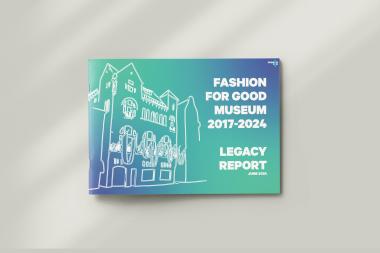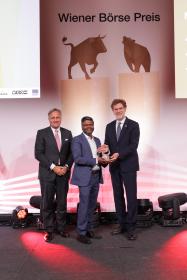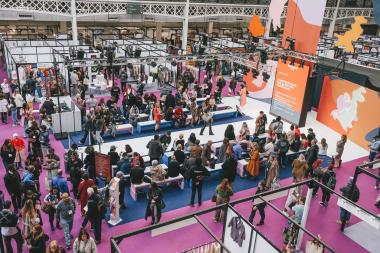Archroma introduces COLOR MANAGEMENT+
Archroma introduces COLOR MANAGEMENT+, an enhanced color design and development solution that helps textile and fashion brands and mills work together for improved economic and environmental sustainability.
Archroma COLOR MANAGEMENT+ incorporates the industry’s largest off-the-shelf color atlas selection, design tools and customized services for fast color selection and creation. It combines these with engineered color standards created with Archroma’s SUPER SYSTEMS+ for reduced environmental impact and consistent and accurate color reproduction.
With these end-to-end capabilities, brands and designers can focus on their color inspiration and on the required functionality and sustainability for their end article, with the assurance that their inspiration can be precisely communicated and efficiently executed at the mill.
Within COLOR MANAGEMENT+, the Color Atlas by Archroma® offers access to a collection of more than 5,700 unique colors for cotton, polyester and blends, both as a physical library and searchable online library. Designers also have the option to create custom colors.
Ahievability criteria are available for each color standard, whether in the Color Atlas or provided as an Engineered Color, at the selection phase. This includes information about the technical and economic feasibility of the selected color, along with a commitment to sustainability build on the foundation of the Zero Discharge of Hazardous Chemicals (ZDHC) Manufacturing Restricted Substances List (MRSL) Level 3.
The COLOR MANAGEMENT+ color standards provide clear color communication to mill colorists, textile technologists and quality control specialists, helping them deliver the right color faster and achieving reproducible colors across countries and mills. Clear communications can also eliminate excessive lab dipping, shorten approval times and improve first-time-approval rates.
The color standards in COLOR MANAGEMENT+ are created with Archroma’s SUPER SYSTEMS+ solutions for bulk production in mind. Offering end article-specific processing solutions, durable colors and intelligent effects, the SUPER SYSTEMS+ suite allows brands to achieve measurable environmental impact, eliminate harmful or regulated chemicals, and add value and longevity to the end product.
The solution is further supported Archroma’s ONE WAY+ Impact Calculator and Sustainability Improvement Program (SIP), and SAFE EDGE+ compliance-data platform. Global technical support is provided to help the supply chain deliver the right colors with consistency and reduced environmental impact.
Archroma






























